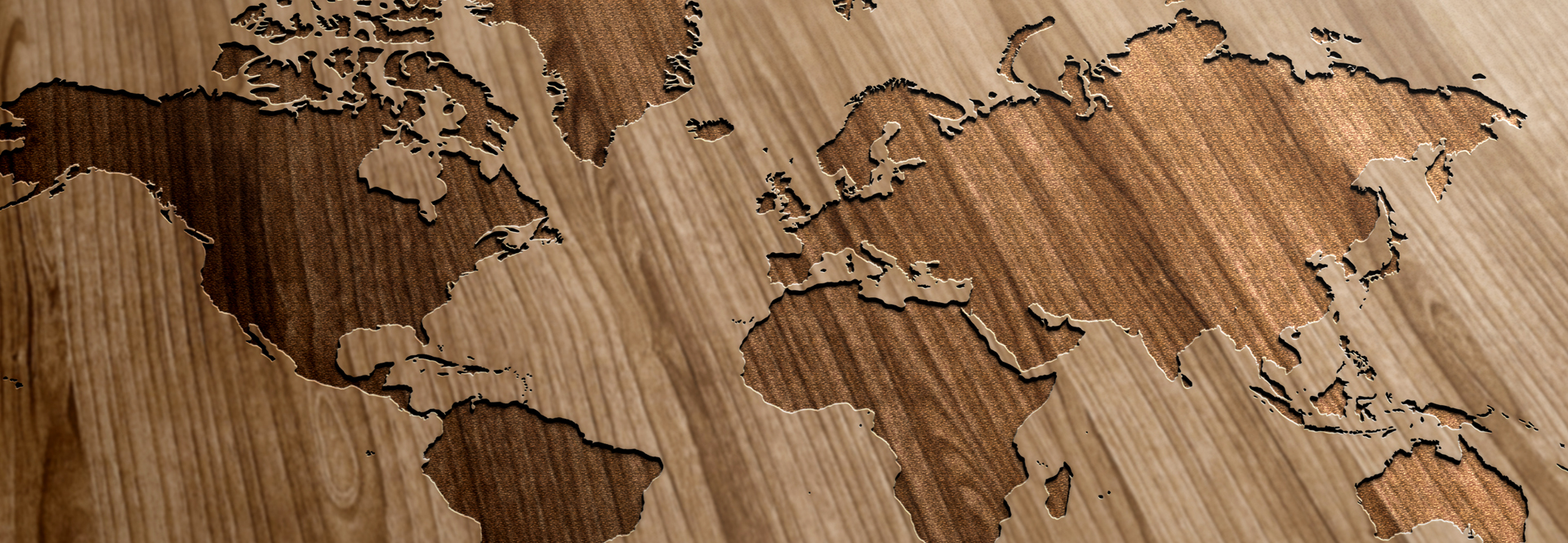“Despite numerous headwinds, the British hardwood market is relatively stable. With political shocks round the corner, wait-and-see looks like the order of the day.”
With various geopolitical pressures, like the UK’s impending exit from the European Union, and President Trump’s far-reaching trade war, the UK’s hardwood market has a lot to contend with. It also has problems of its own: as global demand for hardwood of all kinds continues to rise, a tightening of supply rears its ugly head. So, how’s it holding up? Surprisingly well.
In what was undeniably a game of two halves, poor weather at the beginning of the year is believed to have weighed the market down. Once April and May hit, however, the mood changed. One importer and distributor said that “momentum began to build,” in spring, and described the mood at his last London Hardwood Club meeting as “buoyant”.
Another importer sought to contextualize the market in the light of the last few years. He said: “trade might be a bit flat, but if the day after the Brexit vote you’d offered me current business levels two years on, I’d have bitten your hand off.” An agent concurred, adding: “trade is unexciting, but consistent. In the current climate that probably translates as good.”
However, while the market has proved more resilient than many would have imagined, not all is rosy in the hardwood world. The biggest challenge facing the trade in Britain is increased demand – and, therefore, competition – from around the world. Hence, sourcing materials is a challenge, and merchants have to make the tough decision between absorbing the extra costs that this increased competition leads to, or passing it on to the customer.
Importers say there’s little reason to imagine that the conditions around supply and demand will change in the near future, though one noted that there are “more unknowns than knowns about trade after March 29 next year.”
A fellow merchant agreed, and looked to the future: “we’re having a meeting later this year on hardwood trade via European distribution hubs post-Brexit. Meanwhile, it’s a case of carrying on.”

